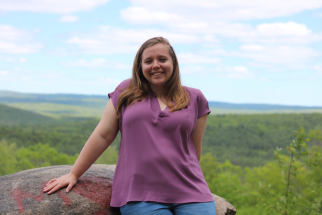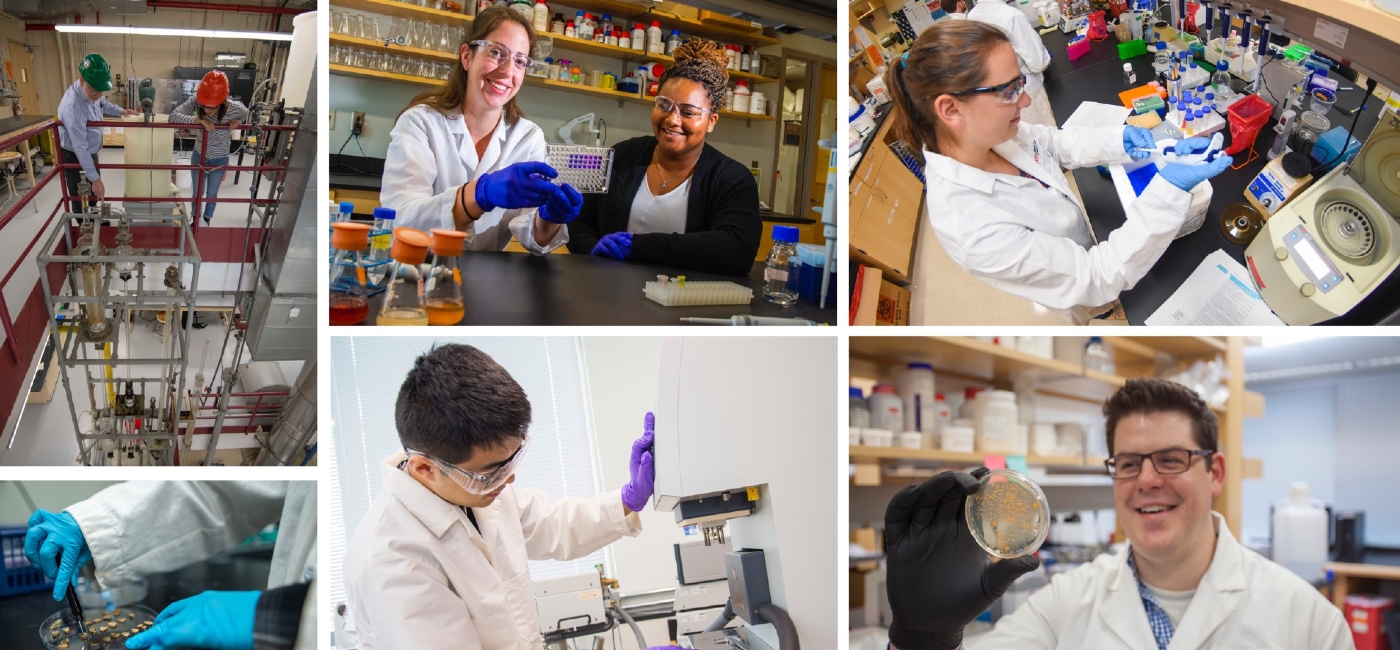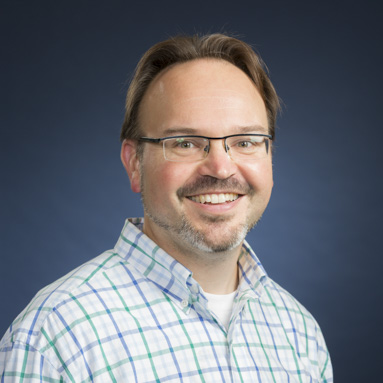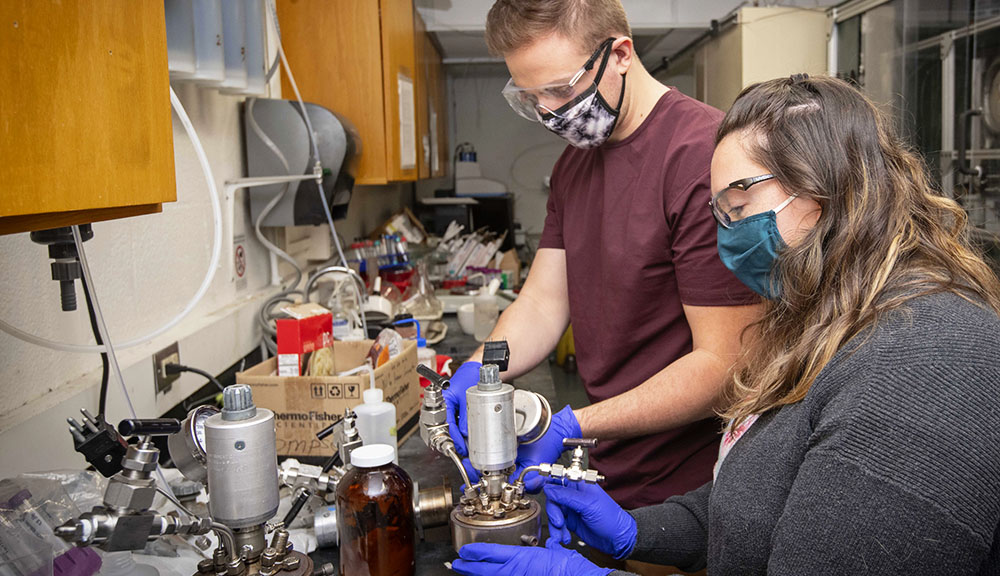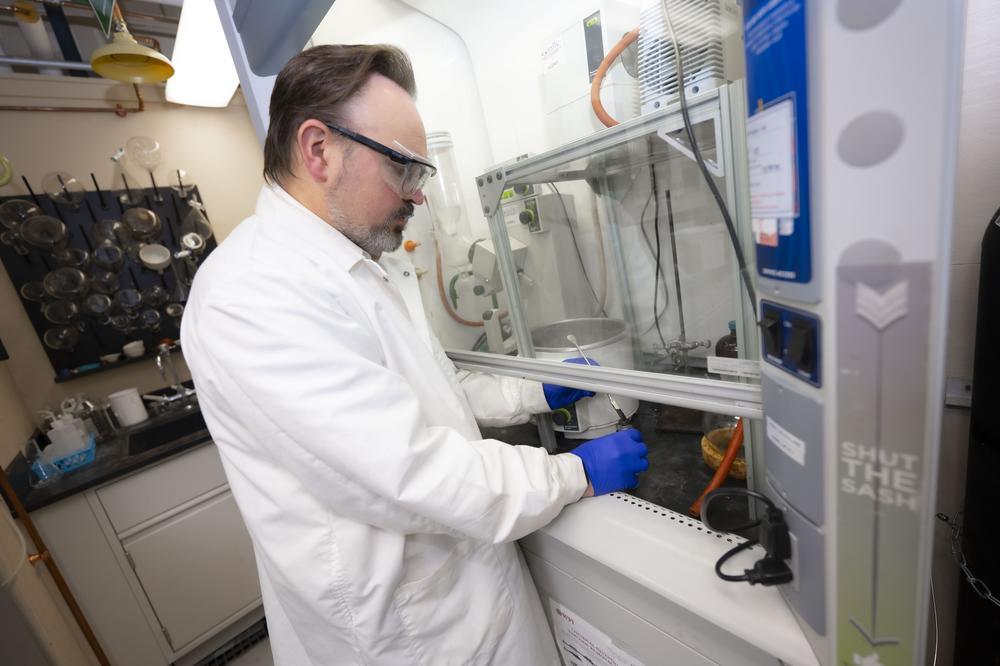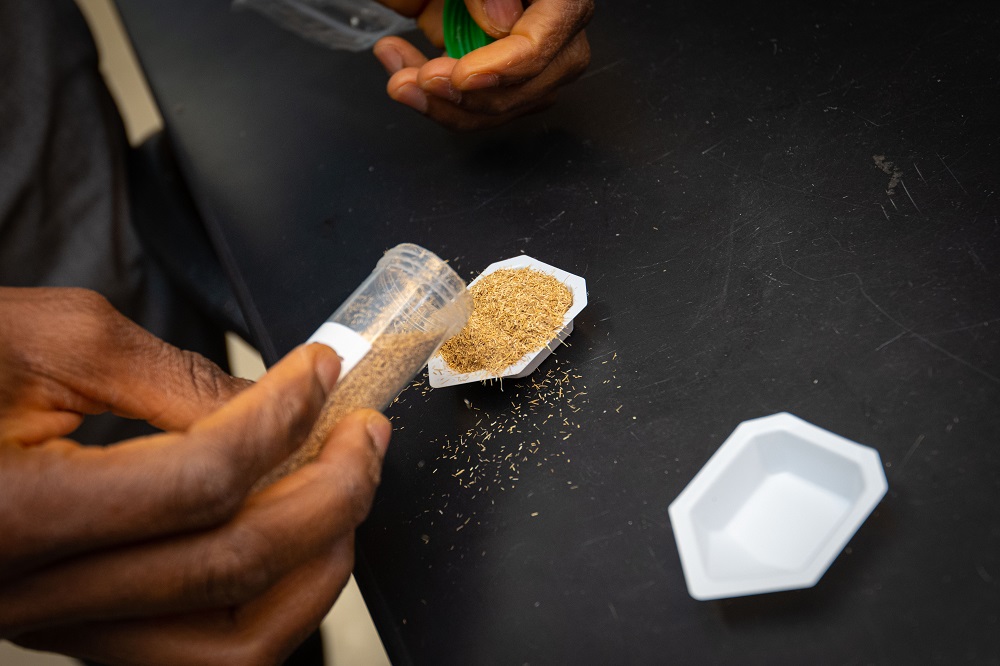Caroline Murphy ’20, who has been working on green energy research since her sophomore year, showed that universities could one day drastically reduce fossil fuel consumption by turning food and green waste generated on campus into biofuels.
Murphy, who was a chemical engineering major, focused her Major Qualifying Project (MQP) on research she had been involved in since her sophomore year at WPI—creating green energy out of waste. She showed that the technology has the potential to one day help schools drastically reduce their fossil fuel consumption.
Most colleges and universities see a remarkable amount of yard and food waste on campus; the MQP looked at that as an inherent opportunity for them to use renewable energy systems, such as bio-oil.
Murphy has been working with Michael Timko, associate professor of chemical engineering, on his research to develop a more efficient and inexpensive way to convert waste—like unused food, and leaves and twigs—into environmentally friendly biofuels. Timko’s process could help lower our reliance on fossil fuels, cut the amount of municipal waste going into landfills, and reduce water pollution and emissions from petroleum products and landfills. He envisions energy-producing companies one day using his processes to turn food and green waste from towns, grocery stores, schools, and other organizations into energy.
Basing her project on Timko’s research, she focused on mixing commonly found food waste from dining halls with green waste, including grass clippings, leaves, small twigs, and mulch. Using hydrothermal liquefaction, a process that uses moderate heat and high pressure to convert wet biomass into crude-like oil, the mixture can be turned into biofuel, which could replace or reduce the purchase of fossil fuels. Her project also was focused on determining which combination of food and green wastes from a campus produced the most biofuels.
